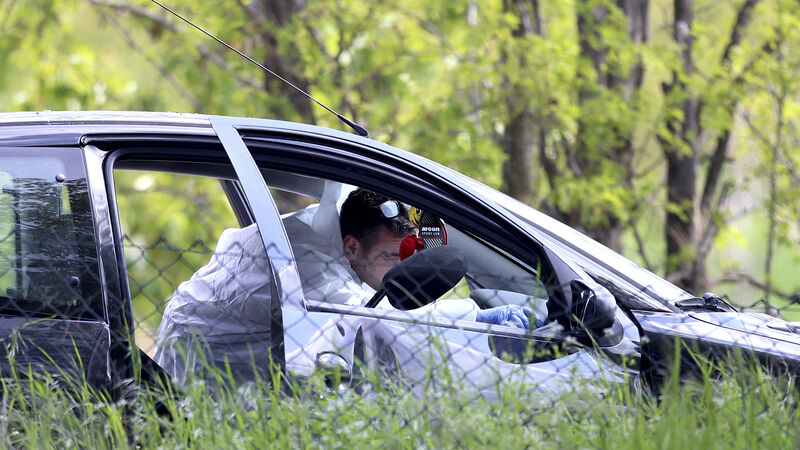Serbian president vows to 'practically disarm' country after shootings

Serbia’s president has said the gunman in the latest mass shooting to hit the country targeted people at random and vowed to 'disarm' his country in response to the attack.
Aleksandar Vucic said the assailant shot at people “wherever they were”, and branded the assault an attack on the whole country.











